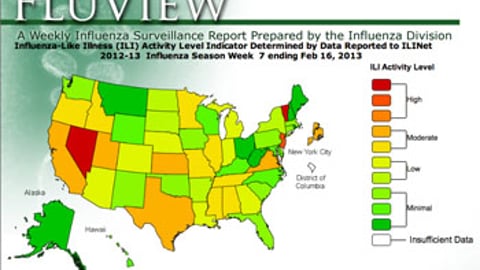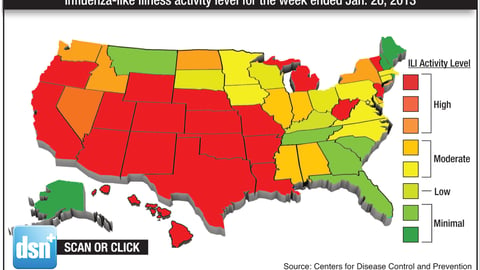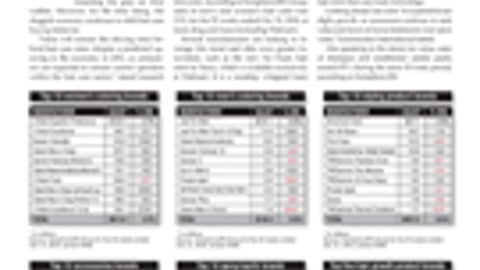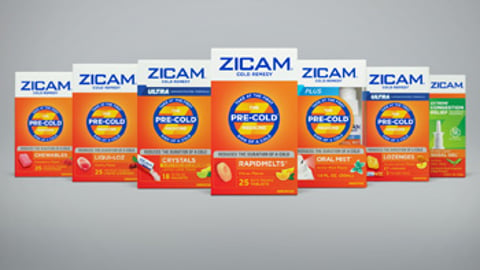-
Q&A: Market advice from Down Under
Originating from Australia, Swisse Wellness recently made a splash into the U.S. market with brand ambassador Nicole Kidman leading the way. DSN didn't land an interview with Kidman, who was up for two Golden Globes last month, so we got in touch with her Swisse Wellness boss Radek Sali — CEO of the company and 2012 GQ Australia businessman of the year — for some insights into the company's approach to the U.S. launch.
DSN: What's the opportunity for supplements in the U.S. market?
-
Lozenge sales stay healthy this flu season
Sore throats and dry coughs are more prevalent symptoms associated with the flu. With the severe 2012-2013 flu season to date, that means a healthy amount of lozenge sales. One of the bigger winners across the top 10 vendors is Reckitt Benckiser, which launched Cepacol Sensations this fall. The product line contains a lower amount of numbing medication than traditional Cepacol products, yet still provides either an instantly cooling, warming or refreshing sensation. Sales of all Reckitt Benckiser lozenges totaled $10.9 million, up 67.6%.



 “The only real valuable thing is intuition,” said Albert Einstein. Within the consumer healthcare industry, nowhere is that more true than in the realm of brand management.
“The only real valuable thing is intuition,” said Albert Einstein. Within the consumer healthcare industry, nowhere is that more true than in the realm of brand management.





